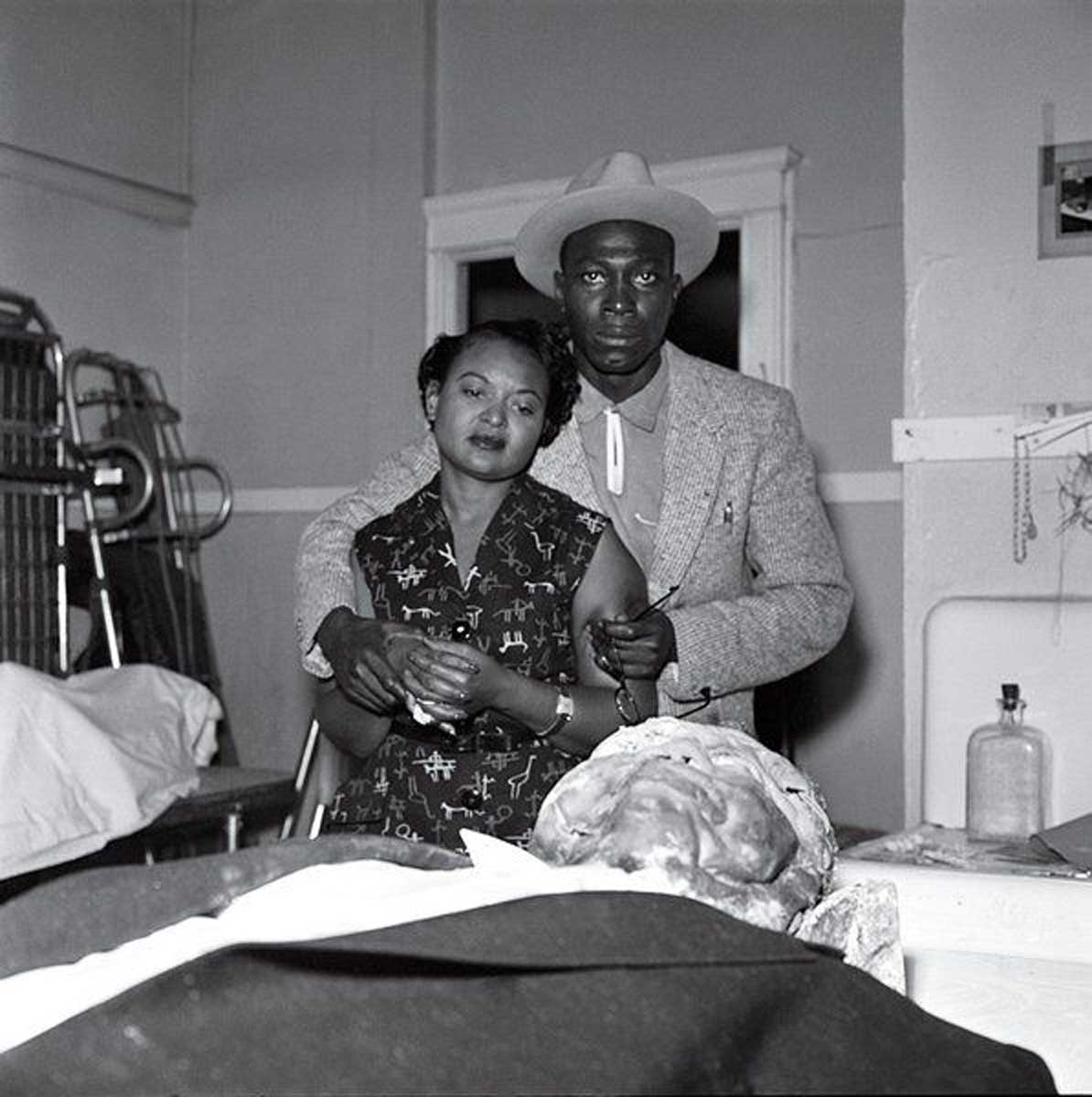Meridian woman learns, teaches from lung cancer diagnosis
Published 2:00 pm Friday, December 1, 2017

- Whitney Downard / The Meridian StarAshley Rickles of Meridan was diagnosed with lung cancer Oct. 19, despite having never been a smoker.
Oct. 19 will remain a date forever etched in Ashley Rickles’ memory.
Rickles, 36, who has never smoked, received a life-changing diagnosis that day: adenocarcinoma, a stage 4 lung cancer.
“My doctor said it looked like someone took a BB gun and filled my lungs with tiny BBs,” Rickles said. “Obviously I had to educate myself quickly and it’s a little bit… intimidating.”
Rickles pulled up some statistics on her phone, graphs that said more women die of lung cancer than breast, ovarian and uterian combined, accounting for more than a quarter of all cancer deaths, according to the Lung Cancer Alliance.
The organization adds that nearly 80 percent of those diagnosed are former or never smokers, contrary to a public misconception.
Rickles, who has never been a smoker, falls into the latter category.
Despite the progress of her strain of cancer, Rickles has no symptoms. She experiences fatigue from her medication – an oral targeted therapy that attempts to shrink the tumors growing in both lungs.
“It sounds worse than it is,” Rickles said. “There isn’t any spreading at this time to my other organs: brain, bone, blood.”
Like with all medications, however, Rickles could grow resistant and have to try something else – but there’s ultimately no way to predict whether the medication will last three months or five years.
Because the tumors are in both lungs, Rickles’ case is considered inoperable.
“It’s a gamble, pretty much,” Rickles said. “If they removed all the nodules (the tumors) I’d have no lungs left.”
Rickles, a 1999 Quitman High School graduate, studied communication and public relations at the Mississippi University for Women. She works at Visit Meridian/ Lauderdale County Tourism, serves on the board at the Meridian Little Theater.
Finding support
When Rickles shares her diagnosis, she said people will sometimes ask about her smoking habits and, in online support groups, others with lung cancer say they feel blamed for the disease.
“This one child fought lung cancer for years and died at 19,” Rickles said. “There weren’t any screenings because it was thought that a child couldn’t get lung cancer.”
In these groups, Rickles finds support and hope in others: those living with lung cancer long term and caregivers who have lost someone to the disease.
“Everybody’s story is different,” Rickles said. “No two stories are the same, no two diagnoses are the same and no two lines of treatment are the same.”
The most public champion of lung cancer awareness and research, Rickles learned, was Chris Draft, a former professional football linebacker who created the Chris Draft Family Foundation after his wife died from the disease.
“He experienced it with the loss of his wife,” Rickles said. “And he made a vow to keep going and find a cure for those still struggling.”
This advocacy work attempts to battle a stigma surrounding lung cancer – that somehow those with lung cancer “deserve it” because of an assumed history of smoking.
The diagnosis
“There’s not as much research with lung cancer as with breast cancer,” Rickles said. “By the time you find out… it’s usually too late.”
The discovery of Rickles’ tumors happened by accident. She had a scan for an unrelated infection that just happened to catch the bottom of her lungs.
The radiologist made note and Rickles’ doctor followed up, sending her to a pulmonary specialist “just to be sure,” but doubted it could be cancer.
Until the fourth doctor sent sections of Rickles’ lungs to a Mayo Clinic in Arizona, some doctors thought it could have been a fungus, Rickles said.
“But, really, if you have lungs – which all of us do – and if you breathe than you’re at risk to have lung cancer,” Rickles said.
Still, Rickles finds herself in disbelief.
“If I had smoked it would have made more sense,” Rickles said. “I was always healthy, never had any real medical issues, no surgeries, nothing more than a cold or flu … and overnight, within a moment, I was converted to a cancer patient with a life-shortening, incurable disease.”
Rickles said she hopes sharing her story will encourage those with persistent coughs or shortness of breath to get a screening, or just raise awareness about the disease that can be so life changing.
But, despite her diagnosis, Rickles said much in her life hasn’t changed.
She’s often fatigued because of her medication but she hasn’t had to make any lifestyle changes.
“How could you be thankful for a diagnosis with lung cancer?” Rickles asked herself. “I’m thankful that I know because there’s no telling where I’d be in a year from now if I had not known.”
Rickles remains positive, saying she can’t control the diagnosis – only her reaction to it.
“The only thing different now is knowing the importance of living versus just kind of existing,” Rickles said. “To live intentionally now and in the moment.
“What does tomorrow hold? I don’t know but, then again, who does?”





